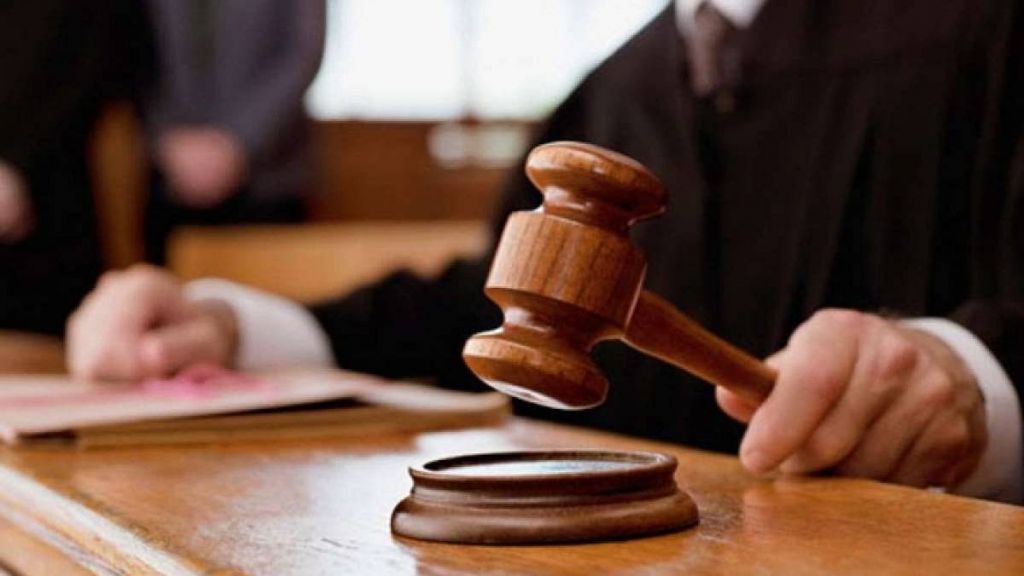
Thane: The Thane’s Special MCOCA Court has granted bail to Manoj Laxman Patil, who was arrested in February 2024 after his name had surfaced in the alleged case the prime accused possessing Mephedrone (MD drugs). The court held that it is mandatory for the police to communicate it to the accused, the grounds of arrest of the accused must be communicated in writing.
The court ruled that merely making an entry in the station diary, obtaining the accused’s signature on the arrest memo, and submitting a remand report does not satisfy the legal requirements under Section 50 of the Cr.P.C. and Article 22 of the Constitution of India.
The court referred to Supreme Court rulings, stating that failure to provide written grounds of arrest entitles the accused to bail. Citing multiple judgments, including Mahesh Pandurang Naik vs. State of Maharashtra, the court emphasized that an arrest without written communication of reasons is illegal and a violation of fundamental rights.
“If the grounds of arrest are not communicated to the accused in writing, the accused is entitled to bail. The question here is whether obtaining the accused’s signature on the remand application, giving a copy of the arrest memo, and making an entry in the station diary fulfills the requirements under Section 50 of Cr.P.C. and Article 22. The Bombay High Court has previously ruled that simply recording an arrest in the station diary and informing the accused orally does not meet constitutional and legal standards. Similarly, the Supreme Court in Vihaan Kumar vs. State of Haryana (SLP Crl. No. 13320/2024) held that an arrest without written communication of grounds is unlawful.”
Based on these precedents, the court granted bail to Patil on a personal bond of ₹50,000.
The case dates back to December 2023, when the Anti-Narcotics Cell (ANC) arrested the main accused, Jayesh alias Golu, with 20-30 grams of MD drugs. During the investigation, Patil’s name surfaced, leading to his arrest on February 7, 2024, for alleged involvement in the drug racket.
However, the defense argued that his arrest did not comply with legal procedures, and the failure to provide written grounds for arrest rendered it unlawful. The Special MCOCA Court agreed, ruling that the prosecution failed to meet the constitutional and statutory requirements.